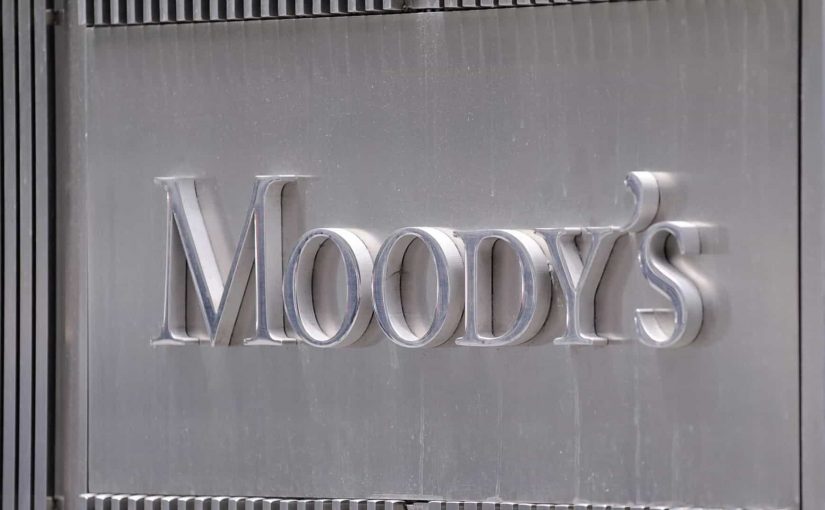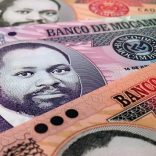Attorney-General: Mozambique's GIFiM to join Egmont Group
Angola/Mozambique: State companies may impact accounts – Moody’s

File photo: Lusa
Financial rating agency Moody’s on Wednesday warned that Angola and Mozambique are among the countries in sub-Saharan Africa where state-owned enterprises (SOE) can most imbalance government accounts due to poor data reporting.
“Our composite indicator on fiscal transparency shows that countries such as Gabon, Angola, the Republic of Congo and Mozambique are particularly at risk of poor data reporting, suggesting that the challenges of SOE debt are not limited to these three countries,” said a report on the impact of the Covid-19 pandemic on SOE and consequently on public finances.
According to the document, which was sent to customers and seen by Lusa, the intensification of the financial difficulties of SOE due to the coronavirus crisis will increase the risks for most sovereign debt issuing countries.
The risks, it noted, are particularly high for sub-Saharan African governments due to high levels of debt, the strategic importance of SOE and weak governance, with state-guaranteed debt being the greatest immediate risk in countries such as Ethiopia and South Africa, but may also unbalance countries with no capacity to help enterprises, such as the Republic of Congo or Mozambique.
The debt of SOE in sub-Saharan Africa is significant, warns Moody’s, estimating that non-financial public entities have a debt equivalent to 10.7% of Gross Domestic Product (GDP).
State support, regardless of contractual obligations, is ‘highly likely’, writes Moody’s analysts, arguing that even if the level of formal support given is low in the region, with an average of 3.4% of GDP, there is a strong probability that the data will be ‘reported from below’.
Support will always be given as in most cases these SOE operate in strategic sectors of the economy, employ large numbers of people and provide essential services.
In the report, Moody’s recalled the case of Sonangol, among others, to point out that countries with natural resources where oil and mining production are managed by SOE are vulnerable to shocks in demand and raw materials, such as in Angola, which in 2016 was forced to help Sonangol with a transfer of $10 billion, equivalent to 10% of GDP, following liquidity shortfalls caused by a drop in oil prices.
The analysts also recalled the case of ‘hidden debt’ to argue that governments’ contractual obligations should be higher than official data.
“In the case of Mozambique, for example, the government guaranteed about a billion dollars from two public companies without parliamentary approval, and when the companies failed to generate enough money to pay off the loans, the government tried to intervene to honour the guaranteed debt, which it was unable to repay and threw the country into default,” Moody’s said.













Leave a Reply
Be the First to Comment!
You must be logged in to post a comment.
You must be logged in to post a comment.